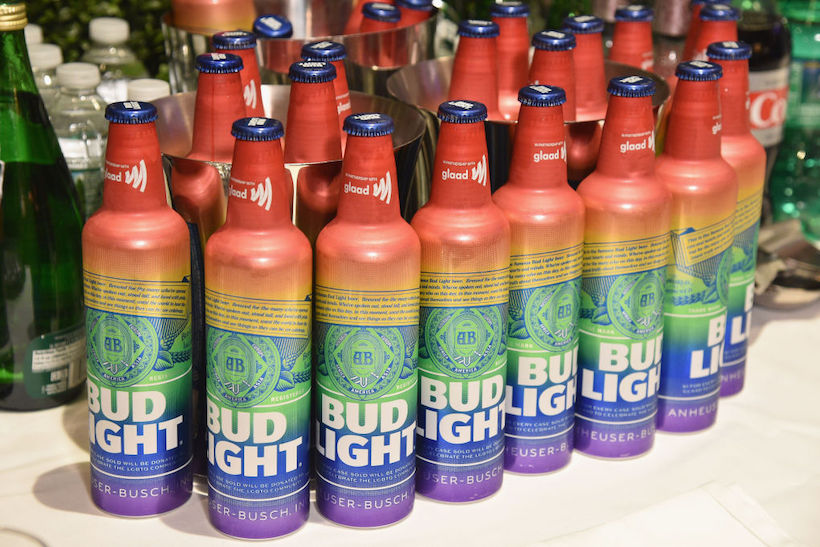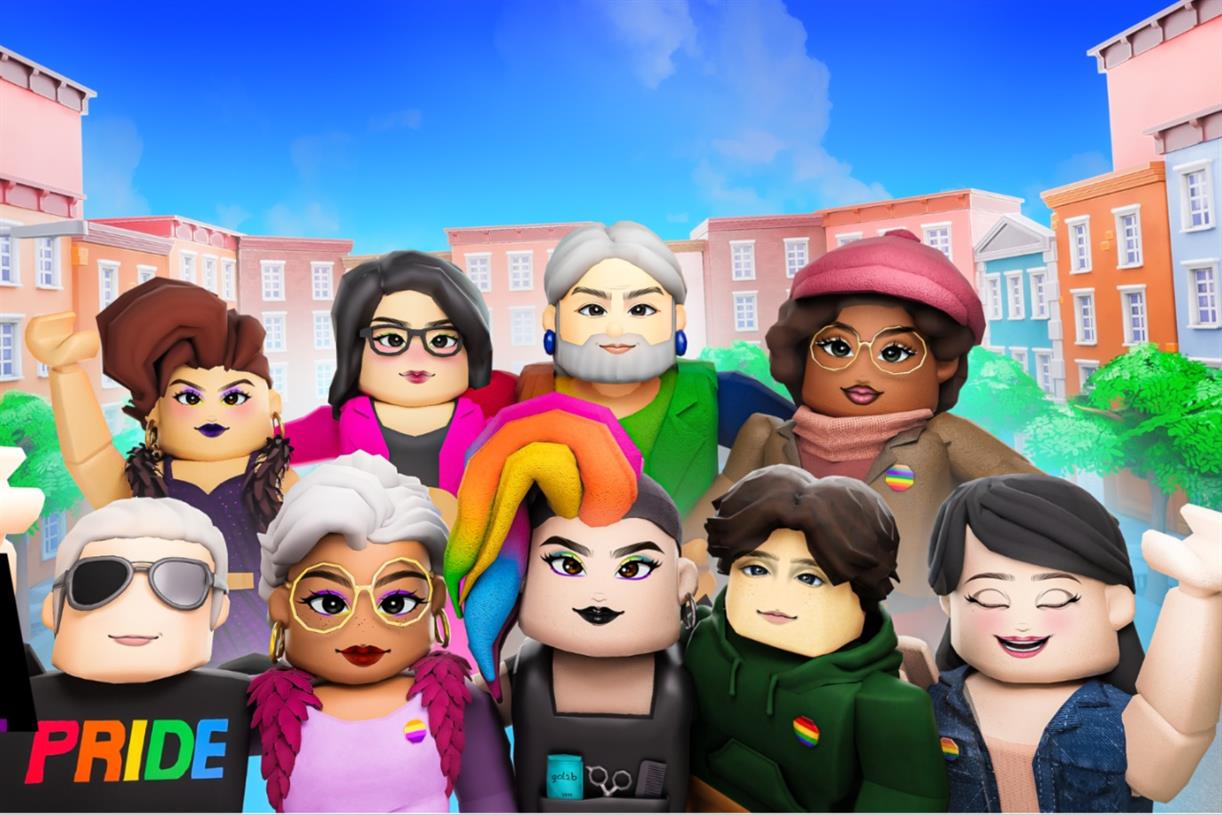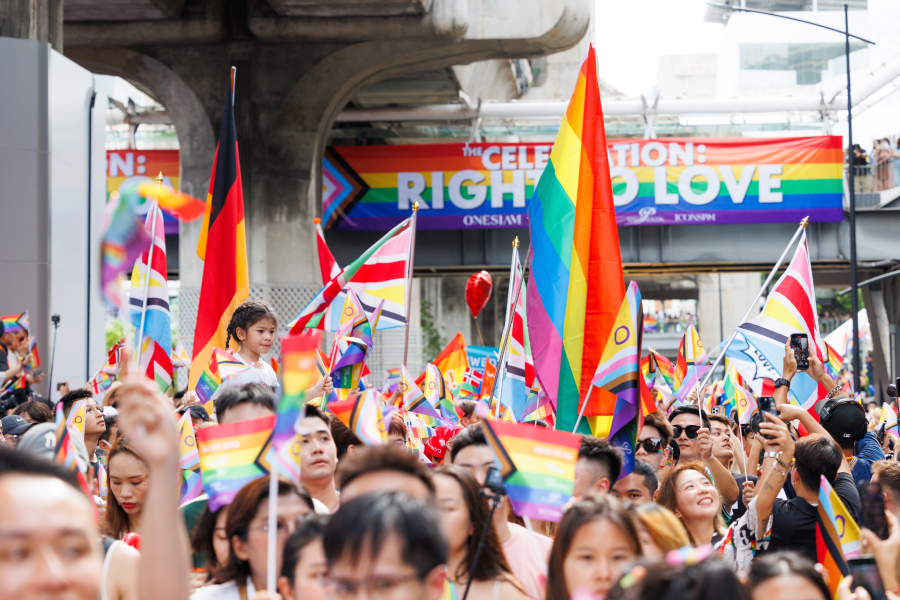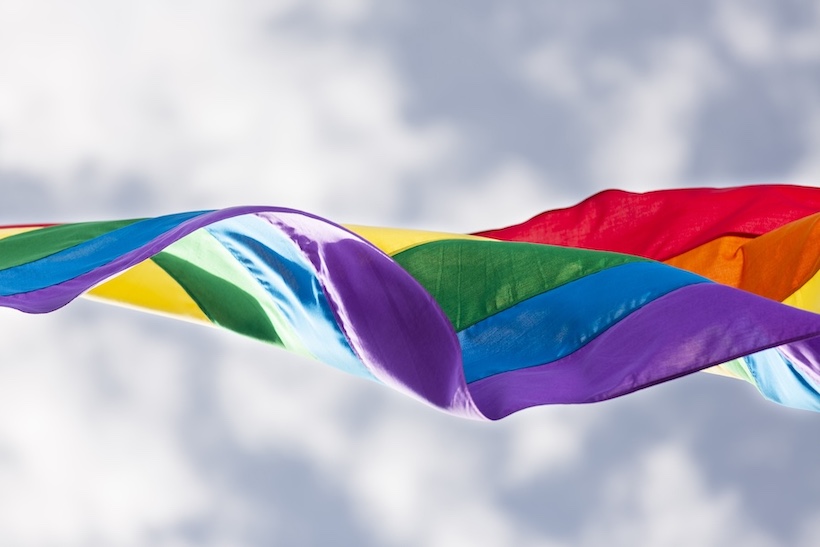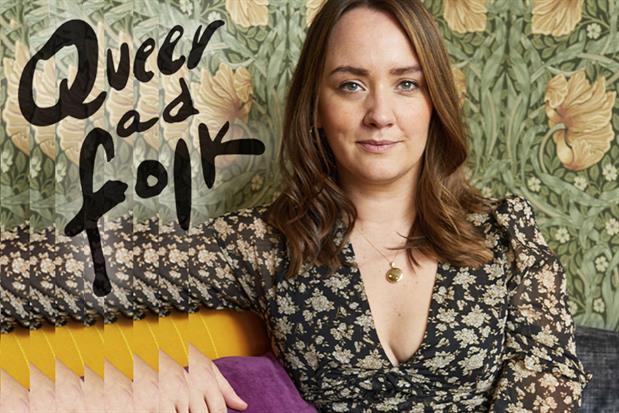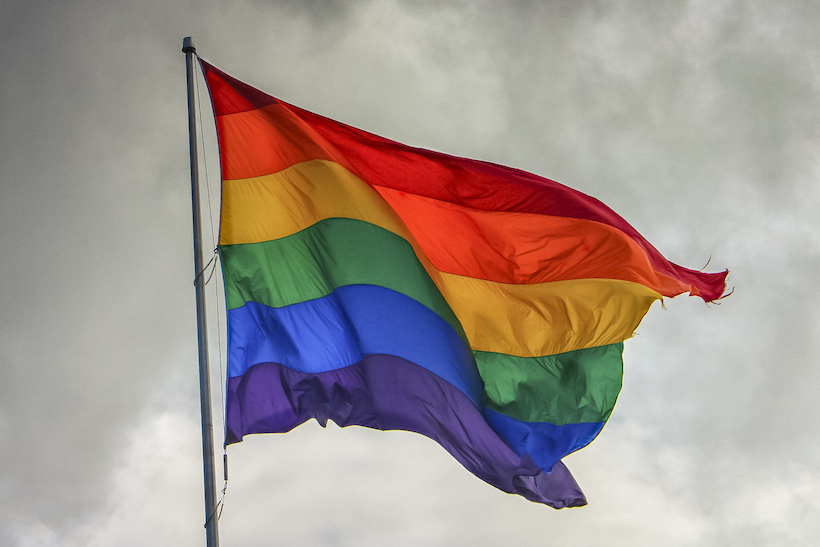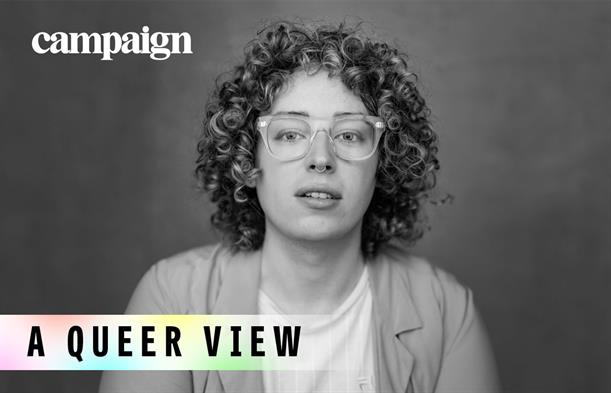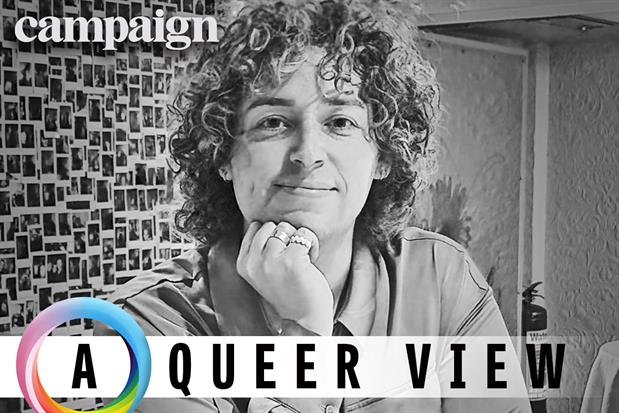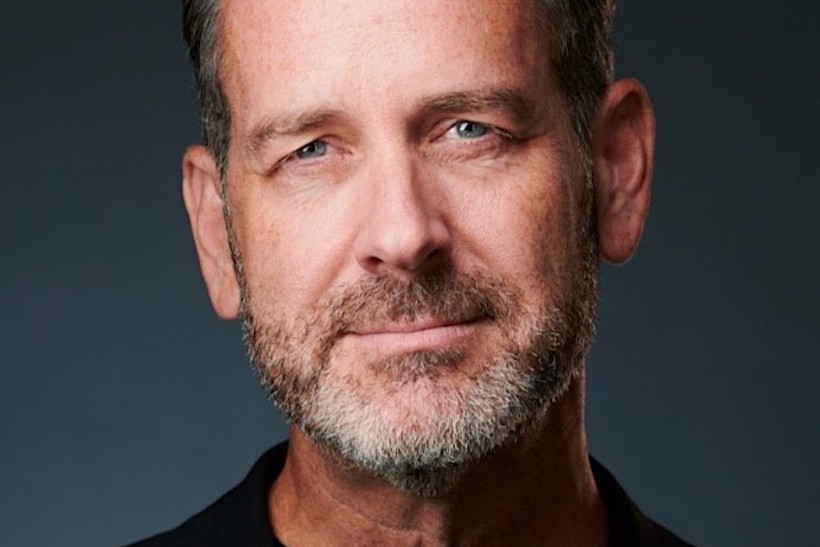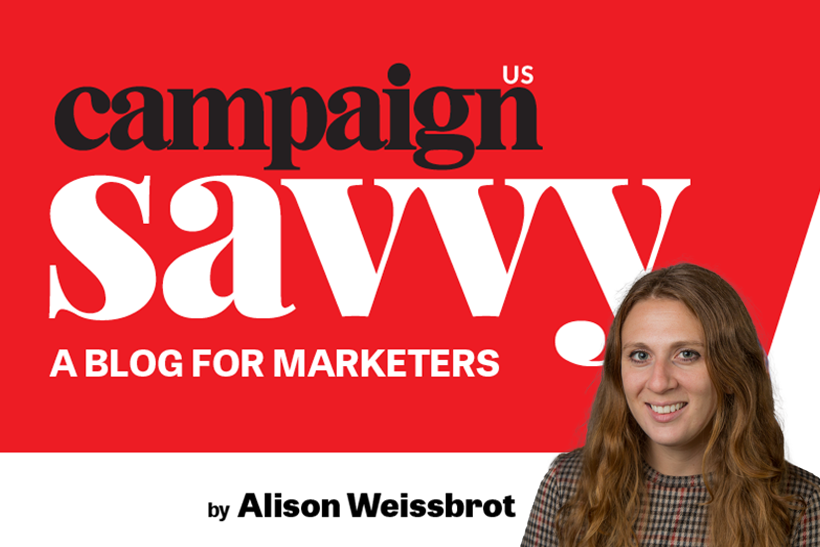Abandonment of the LGBTQIA+ community and diversity at large is at the core of the highly publicized partnership between Bud Light and Dylan Mulvaney.
What started as a simple sponsored post for the AB InBev brand by the popular influencer brought out a fiercely vocal anti-LGBTQIA+ minority of Bud Light drinkers, leading to threats of boycotts and reactionary stock drops.
Anheuser-Busch has tried to distance itself from the partnership with a statement from its CEO and (allegedly forced) leaves of absence for two marketing execs that led the partnership, including Alissa Heinerscheid, Bud Light’s VP of marketing who was tasked with appealing to a younger generation.
This very public step backward for queer inclusion comes just one month before June, during which many brands align themselves with queer talent for Pride month. But with the outsized backlash against Bud Light for a relatively small partnership with a trans person, brands that are planning more large-scale and visible alignments may worry about being targeted with similar vitriol.
The scope of brand concerns
Pride, started as a riot against police brutality toward the LGBTIA+ community, has become a month-long, highly commercialized and colorful celebration of its members. June is a month when many brands celebrate the community — whether through limited edition products, inclusive campaigns or pledges to queer charities and organizations.
While activating for Pride has become an expectation for brands, Bud Light’s choice to walk back its partnership with Mulvaney will no doubt lead others to question their Pride plans, which many are putting together now. Some marketing leaders may also fear that rocking the boat could cost them their job security.
“It’s inevitably caused hesitancy and risk in the eyes of stakeholders and brands overall,” notes Bill Blatchley, VP, creators and casting at Day One Agency. “For brands that do want to participate in Pride, it’s going to force them not to venture too far from the safe zone — which is disappointing.”
But according to Natalie Silverstein, chief innovation officer at influencer marketing agency Collectively, not all brands that have voiced support for the LGBTQIA+ community will walk back those stances.
“I was really disappointed to see Bud Light succumb to such a hateful force, and I don't think that brands that are actually living their values are going to do that in terms of Pride,” she says.
Silverstein, who notes that her company has worked with Mulvaney on a campaign in the beauty and wellness space, says that she hasn’t seen any hesitancy about trans inclusion from the brands her company works with and views Bud Light’s weakness as a jumping-off point for socially conscious brands to show that they will actually stick to their values.
“I think that we'll probably see the brands that are more steadfast in their values doubling down in this Pride versus pulling back,” she adds.
The value of sticking to brand values
While retreating from backlash may look like the best path in the short-term, consistency — and commitment to stated values — benefit brands most in the long term, recent history shows.
“At the height of [the] Black Lives Matter [movement] in 2020…the brands that were the boldest about committing to inclusion did the best over time and still retain some of that reputational glow, because they stood for humanity,” notes Silverstein.
Nike is one such brand that overcame backlash for taking a stance on a polarizing issue early on. When the brand unveiled its campaign starring Colin Kaepernick in 2018, like Bud Light, it found itself at the center of a vicious media cycle, with a small, vocal minority calling for a boycott. Consumers were upset that the sportswear company backed the pro-NFL athlete, who gained notoriety (and blowback) for kneeling during the National Anthem during games to protest police brutality.
In the months following the campaign’s launch, Nike’s share prices faltered and dropped, though ending in December at a higher point than the beginning of the year. In the five years since, however, Nike’s stock value has consistently risen, only ever falling below that post-launch dip in the initial weeks of the COVID-19 pandemic.
The long-term strategy of sticking to its values paid off for Nike in terms of authenticity: In 2020, in the wake of the murder of George Floyd and subsequent Black Lives Matter protests, Nike again stood by the anti-police brutality cause it had already backed, and its share price rose by $38.76 between June 1 and December 28, 2020.
The necessity of vocal support this Pride
In the wake of the Bud Light debacle, supporting a marginalized community without activating anti-trans vitriol may seem like too fine a line for marketers to walk. But failing to take the risk and back up past commitments signals a lack of authenticity from brands — especially those that have previously shown up during Pride month — and has the potential to alienate vast swaths of consumers.
Though Pride month has become “very commercial and co-opted in some ways by capitalism,” Silverstein says, there is power in the mainstreaming of LGBTQIA+ acceptance.
Brands that have played a hand in Pride’s commercialization would be hypocritical to reign in their support precisely when the community is facing the same violence that the original protests were meant to call out. Backing out now signals that previous support was for the sake of profit, without any attempt to empathize or offer long-term and meaningful support.
Excluding trans creators from activations will make brands “look weak, spineless and not trustworthy,” says Lola Bakare, CMO advisor and inclusive marketing strategist.
“The best strategy for brands who have historically activated around Pride is to continue with their plans and focus on creating lasting impact for the intended beneficiaries of Pride month themselves,” she adds.
What the LGBTQIA+ community expects this Pride
Brands can expect the LGBTQIA+ community to have higher standards for Pride activations this year than ever before in light of recent attacks on the community.
Though it’s become less of a protest and more of a party, LGBTQIA+ creators work hard to avoid losing the meaning behind it — and expect the brands that they partner with to support their rights for the rest of the year, too.
“Performative seasonal tactics will not do,” says Shalanna Clark, head of marketing at Code3. When a brand enters the chat, it is imperative that they bring authenticity to the moment…and follow through, or face the consequences.”
According to data from Collectively, marketers need to improve in this area: 89% of LGBTQIA+ creators have been approached by a brand only interested in partnering with them for Pride campaigns, and 15% feel that they were prevented from working with brands due to their identity.
“A lot of [LGBTQIA+] creators are very selective about the brands that they choose to represent during [Pride] so it doesn't feel performative,” says Silverstein. “It is a moment for those creators to be advocates, create community and be visible to help other people who don't feel like they can be as visible have more confidence.”
This heightened awareness around substantive versus performative support is to be expected, since Bud Light and other Anheuser-Busch brands have previously activated around Pride.
“I know that [Bud Light has] done a lot of investment already in the LGBTQIA+ community, so it's almost like a slap in the face that they're like, ‘Just kidding!’” she adds.
After the considerable backlash against her partnership with Bud Light, Mulvaney left social media for multiple weeks — likely taking a hard financial hit. Though she returned to her social channels with a message of grace without mentioning the reason for her departure outright, others may not be so forgiving in the future.
At a time when the trans community is facing ongoing attacks, it's imperative for brands that do partner with the community to use their platforms to normalize trans people’s existence, as well as to shield trans creators and the community as a whole from hate. Including trans faces in campaigns without vocal or monetary support will also ring hollow.
“The biggest risk brands have is the risk of inflicting more moral injury on trans creators and the transgender community at large,” says Bakare.
In general, the best strategy is for brands to lend their voices to elevate grassroots and niche efforts and individuals already doing the work, notes Clark. “That’s how you honor a movement,” she advises.
Brands can also use their platforms to contextualize how few people are actively transphobic and build empathy for the trans community. Opponents of trans rights are a vocal minority; in reality, most individuals support or are indifferent to the trans community.
“The payoffs of getting responsible marketing initiatives right by solving real problems, creating real opportunities, telling real stories and advocating for real policies that positively impact the trans community and trans creatives in the long term are very simple – continued growth and continued relevance,” says Bakare. “No brand should be willing to go without those two things.”
“Our role in marketing is to help with driving inclusivity,” adds Silverstein. “That’s where brands can support the values they claim to have.”

